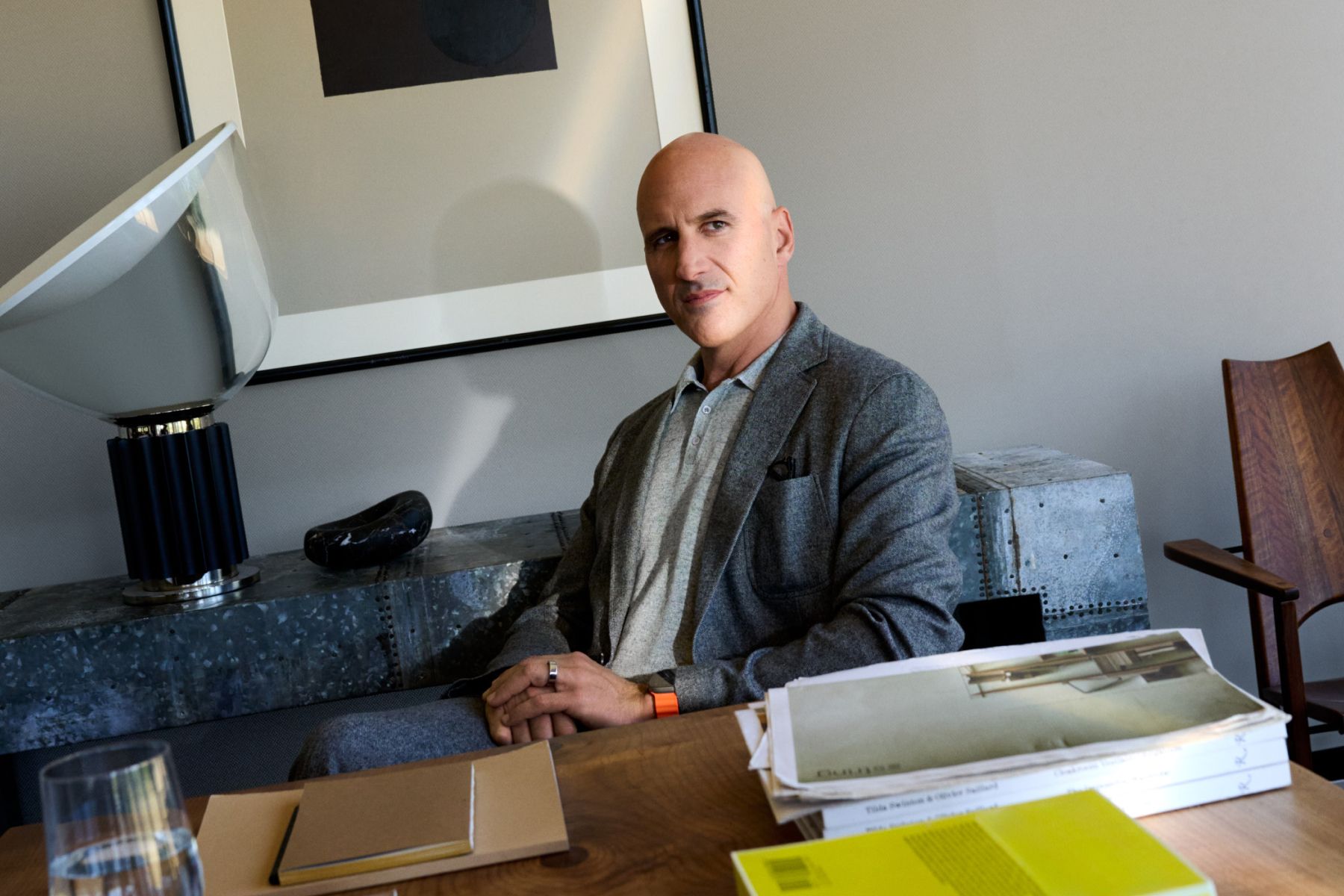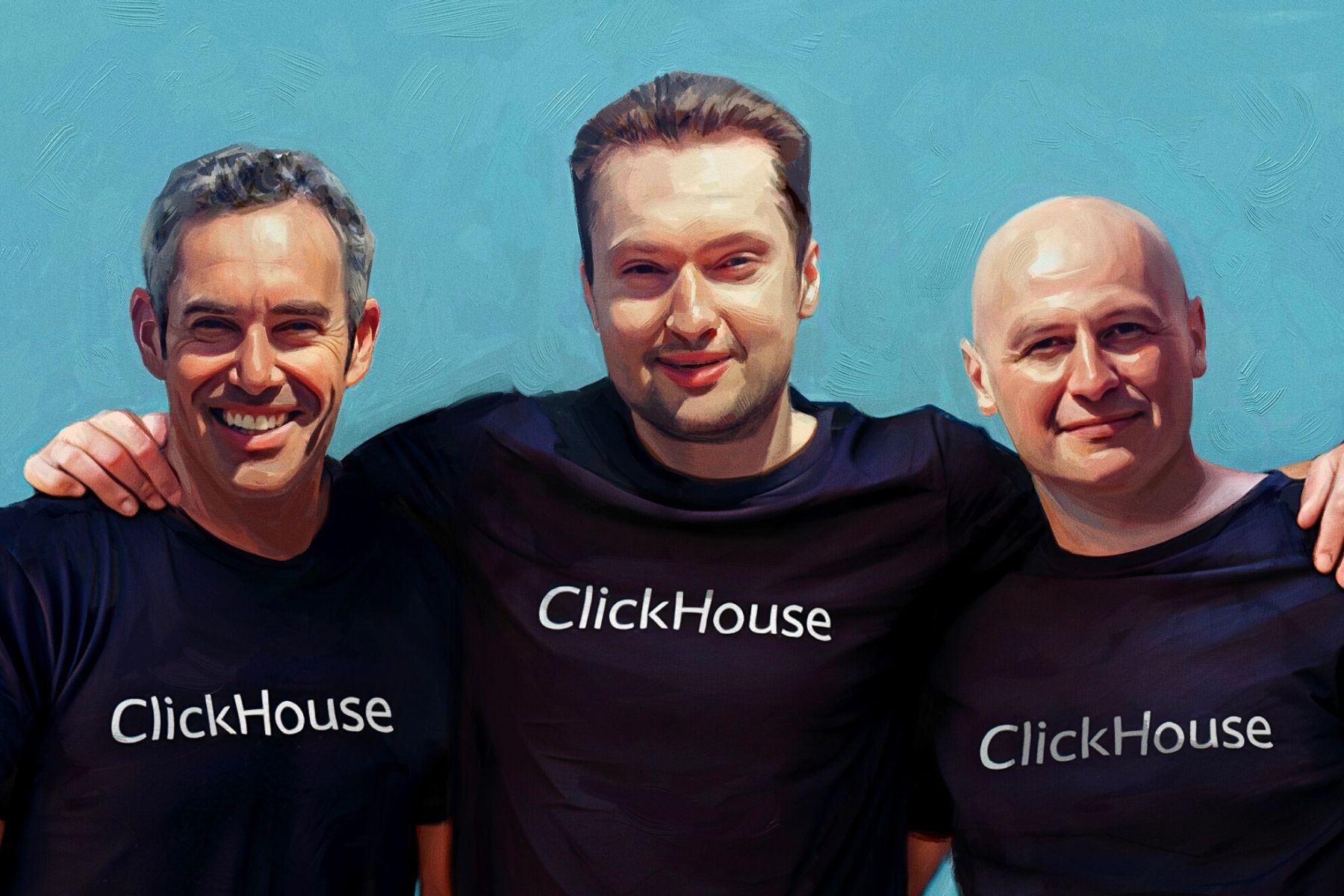Winning Together: Aurora’s Chris Urmson on Leading During COVID-19

For the self-driving technology startup Aurora, COVID-19 has reaffirmed the commitment to its mission and the value of its team. CEO and Co-founder Chris Urmson shares that empathy, focus, and supporting the team have been key to leading the company through the crisis.
ABOUT THIS SERIES: As we navigate the evolving landscape of the world today, it's been powerful to see many organizations taking on new initiatives to engage with their employees, customers, and communities.
We spoke with leaders at our portfolio companies about the meaningful actions they’ve taken to continue moving forward through the COVID-19 pandemic. We hope the insights, advice, and best practices they’ve shared might be helpful to others going through similar challenges.
What has been your top priority during lockdown?
Chris: Our top priority has been how we take care of our people, and how we keep momentum up as a company. We’d begun the process of migrating our people to work from home even before the crisis fully hit, because we wanted to make sure people in the office were less exposed and that we were creating less opportunity for transfer in the community. When the orders came down in California and in Pennsylvania to work from home, leadership wanted to help our employees understand what this meant, how we could support them and how we move in the right direction. While this tragedy is going on around us the best way for folks to cope is to keep distant.
We're really fortunate to have great investors who believe in our long-term mission and gave us the resources to keep folks around, including the folks who drive our vehicles. We've actually taught them new skills like analyzing different logs from our test vehicles on the road, so that's been super valuable.
As the company settled into working from home, we started focusing on how to move forward. We've put a lot of effort into aligning the company with a twice weekly pit stop, a 15-minute all hands where we share news from the outside world. I'm incredibly proud of how our leadership team and the company has responded.
You have this company mantra of winning together, so does that take on new meaning during this time?
Chris: ‘Winning together’ is this idea that the problem we’re facing is too big for any one person. So we need people with diverse experiences, diverse backgrounds, diverse understanding, and we need to work as one to be successful. There's nothing like difficulty to pull people together, and we've seen that.
Beyond that, we're working on technology that's really going to have a dramatically positive impact in the world and we feel a lot of responsibility in that, so we saw more opportunities to engage our community. One of the first initiatives was in Pittsburgh, where, like the rest of the country, elementary schools and school systems shut down and they moved to remote learning. Many of the students didn't have laptops or computers to work at home. The school district put out a call to raise $50,000 to buy laptops for their students and Gerardo Interiano, our head of government relations, asked if we could put $25,000 towards this. From there, Gerardo went out to the tech community in Pittsburgh and raised $150,000 in one day for Pittsburgh’s schools, and that’s turned into more than $350,000. So a little seed we were able to put out into the community can hopefully do some good for much longer, and help bridge the digital divide in Pittsburgh.
We’ve also been thinking about how our employees can help directly by donating to local food banks. So many members of our community have been living paycheck to paycheck and have now lost the ability to put food on the table. I'm incredibly proud to say we were able to donate more than $100,000 to local food banks. So winning together is about supporting one another, building great products and impacting our world in a profound way, but it's also about the community around us.
What's your company doing to help engage your employees?
Chris: For many people, the common experience is showing up at the office every day. We've been offering coffee chats, where some of our senior leaders are on a Google Hangout to answer questions and talk with our employees, so we’re building some connective tissue there.
Distributed working has gone a lot better than I expected. We were already working in a distributed way, with four different sites in Pittsburgh and then San Francisco and Palo Alto, so we knew a little bit about how to work remotely. But there’s a big difference between four offices and 480 people spread to the wind. We had the advantage that we had invested in a bunch of virtual tools and testing and cloud capability before this.
The complexity and challenge of distributed working has been less about the technology, and more about being at home with a three-year old who can't understand why mommy or daddy is on a computer all day instead of playing.
We invited kids to an AMA, and questions ranged from what's it like to be CEO of Aurora? to if you could be a mythical animal, what would you be? It was a lot of fun, but we just wanted to acknowledge that work-life conflict. It allowed mom and dad to talk to children about work and what it means to them.
What feedback have you gotten from the leadership team or the rest of your company about this new way of working?
Chris: Feedback about the transition has been really positive.
We care about our team and I think that's really shown through. People remember how you treat them in difficult times. One of the silver linings is that we've built a tighter bond in the company and that will really benefit us in the future.
Our short pitstops have been a huge momentum builder for us. It’s just five or ten minutes to talk about what's happening, share context for the company and highlight little wins. Increasing the flow of information through the company is something we could have been doing before, but felt we really needed to do now.
What advice do you have for navigating these uncertain times?
Chris: Lead with empathy. This is an incredibly trying time as a business, and sometimes that can make you lose sight of what it means for people. Take a step back and think about how this is impacting your people, and how to help them through.
Your people are your company — that’s how you're going to succeed. So find ways to empathize, and enable your people to be successful.
How are you staying focused on the company’s goals?
Chris: In many ways we’ve been fortunate, because the crisis doesn't really directly affect us much, other than working remotely. It's not like we had sales that we were counting on to be able to fund the business. We've been investing and building for the last three years, and we can keep doing that.
Some competitors are tied to a mothership that's facing a lot of economic headwind, but we get to stay heads down, and focus on delivering our mission. It means our people aren't expending mental energy worrying if they are about to get laid off.
We’re investing in the core technology and are going to come out of this pandemic moving more rapidly, relative to our peers. This shows in the way we talk about our objectives and goals in the company, and because we get to continue to hire great people. If some of our competitors are having challenges, some of these great people might be available. We should go bring that talent, give them a mission and the support they need, and then deliver on it.
What are you thankful for during this time?
Chris: We're proud of being an independent company, and that was a very intentional decision. Part of that is about what happens when things go bad. If we were part of an automotive company or another big company and they have difficulties — or if they just lose faith and confidence in this technology — then our ability to deliver on the mission would be severely compromised.
We’re an independent company with a sole focus on delivering the benefits of self-driving technology safely, quickly and broadly. This crisis is demonstrating that we're not going to get distracted by the mothership and we're not going to be on the cutting block. That’s the right path to build the platform to boost the whole industry.
Published — July 23, 2020
-

-

